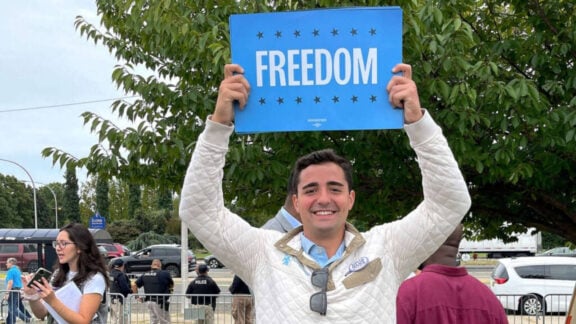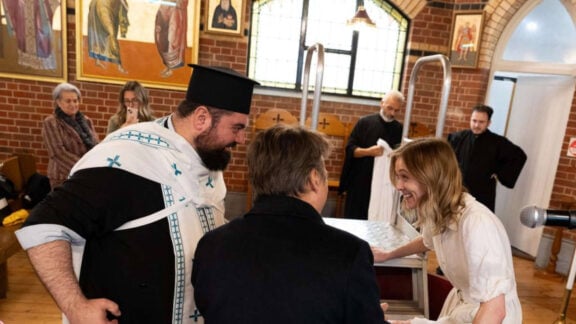A Joint Parliamentary Committee has called on the Government to take action to limit some of the negative impacts of social media on the electoral environment, including that the Government introduce ‘truth in electoral advertising laws’, making it illegal to publish statements in electoral advertising purporting to be facts which are inaccurate.
The Electoral Matters Committee has spent more than nine months examining the impact of social media on Victoria’s electoral environment.
The Committee received more than 120 submissions, including from social media companies Facebook and Twitter, and it spoke to dozens of witnesses from political parties, academia and electoral commissions.
The Committee found social media provides a space for political parties, candidates and interest groups to interact with voters and the low cost of social media means that a wider range of candidates and campaigns have a platform to spread their messages.
READ MORE: Greek Australian students write a song to help other kids in lockdown
The Committee concluded that, while social media is “mostly a positive space”, it also can be used to promote inaccurate information and fake news, which tend to spread faster and further than the truth. Social media can also give users a false impression of what the community thinks and only expose users to a limited range of viewpoints.
“The Committee’s conclusion is that the Government needs to take action to reduce the harms of social media and preserve the benefits,” said Committee Chair Lee Tarlamis.
The Committee has made 33 recommendations, including the ‘truth in electoral advertising laws’ and that:
* the Victorian Electoral Commission manage a publicly accessible archive of online electoral advertising so that everyone can see what candidates, parties and certain groups are saying
* the Government fund real-time analyses of social media activity around the next election, to make what is happening transparent
* political parties work together to develop a code of conduct for social media behaviour, so that candidates and parties can lead by example in good behaviour online.
Mr Tarlamis said the Committee had tried to strike a balance between protecting an individual’s right to freedom of speech and political communication on one hand, and the community’s duty to preserve and safeguard democratic institutions on the other.
“The Committee has, throughout the entire consultative process, sought to facilitate this balance fairly and constructively by informing itself with expert advice, the experience of other jurisdictions and real world examples,” he said.
The full report can be found on the Committee’s website.









